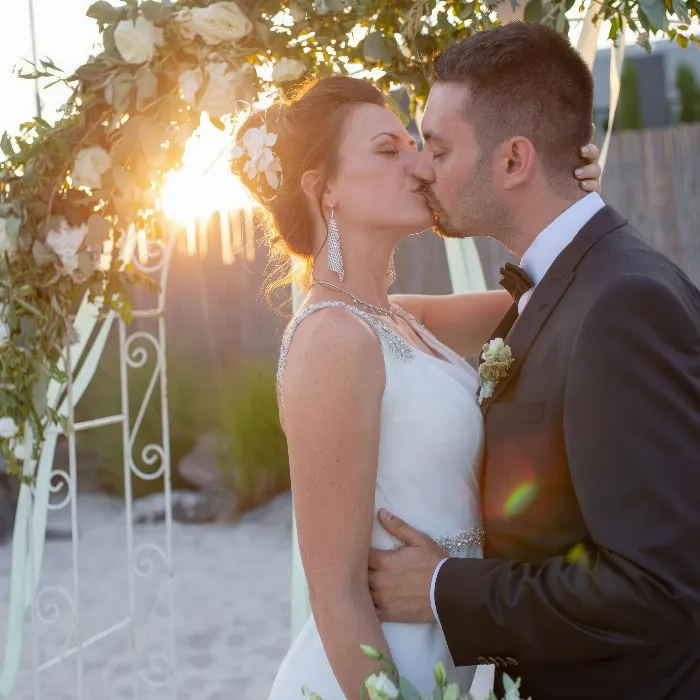Weddings are special events that require a lot of planning and preparation. As a wedding photographer, it is crucial that you are well prepared on the day itself to capture all the magical moments. In this guide, you have the opportunity to develop your personal preparation routine that will help you stay on top of everything on the wedding day.
Key Insights
- Check your equipment the day before the wedding.
- Ensure that the cameras are set optimally to avoid interruptions.
- Make sure you have enough batteries and storage to meet all requirements.
- Keep your lenses and cameras clean and in top condition.
Camera Techniques and Equipment
Before the wedding day, you should conduct a thorough equipment check. This includes ensuring that you have all the necessary parts with you.
Camera check: Your camera is the heart of your work. Make sure it is properly set up before the wedding. Check if the shutter for long exposure is accidentally activated, or if you are in black and white mode. This can cost you unnecessary time and cause you to miss valuable moments.

Batteries and chargers: Consider beforehand how long you can shoot with your current batteries. If you have multiple batteries available, charge them before going to the wedding. Also plan to use battery grips to increase the number of shots per battery charge.
Memory cards: Check your memory cards for sufficient storage space and delete data you no longer need. Make sure all cards are empty before the wedding. For weddings where many pictures are taken, it may be advantageous to use smaller cards. This way, you avoid the risk of losing a lot of data at once.
Lenses and Lighting Conditions
Isolation is crucial. At weddings, there will often be challenging lighting conditions. You should be prepared whether it is bright or dark.
Lens selection: Take lenses with a wide aperture (at least f/2.8 or less) to have good photography conditions even in dark moments. This gives you the opportunity to take beautiful shots even in difficult lighting conditions.
Flash use: Avoid flashing directly at the celebrated people during the wedding. This can ruin the atmosphere. Try to use natural light in most cases. If you do need to use flashes, make sure you have a spare flash in case the first one fails.
Before the Wedding Day
The day before the wedding, make all preparations to be ready.
Camera positioning: Determine where you want to store your cameras and lenses. This way, you can quickly use the equipment during the wedding without losing unnecessary time.
Final checks: Make a checklist to ensure that everything is there. This can help you stay focused during the wedding day and give you the necessary confidence.
Summary
Professional preparation for the wedding day is the key to efficiently capturing all important moments. Keep your equipment clean and fully functional so that you are always ready to capture the most beautiful memories.
Frequently Asked Questions
How often should I clean my cameras?Cameras should be cleaned regularly, especially before important events like weddings.
Should I shoot RAW or JPEG?RAW offers more possibilities for post-processing but is larger. JPEG is smaller but has fewer post-processing options.
What should I do if my battery runs out?Make sure you always have a spare battery with you and also charge during the event if possible.
Are all memory cards equally safe?No, there are differences in the quality and reliability of manufacturers. It is advisable to rely on brands that have proven themselves.


